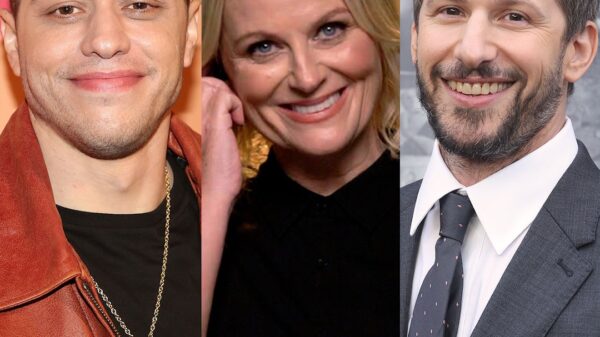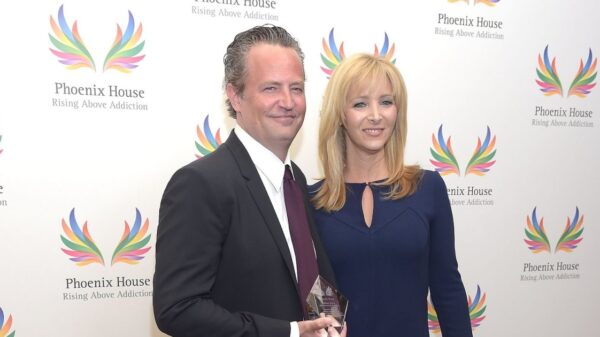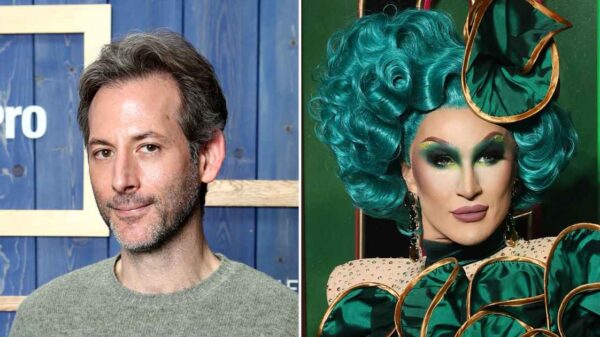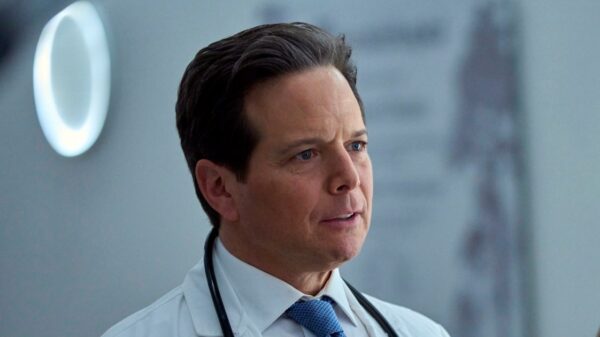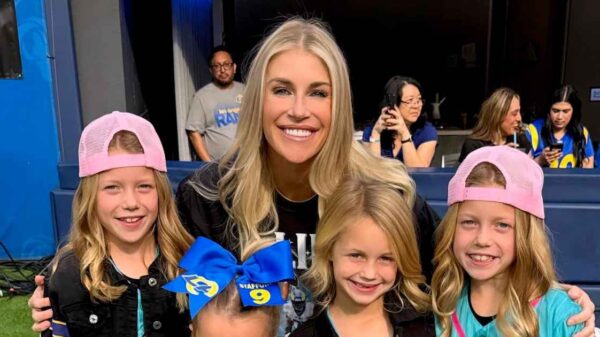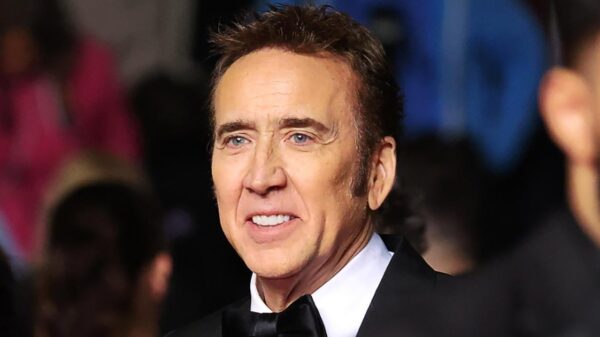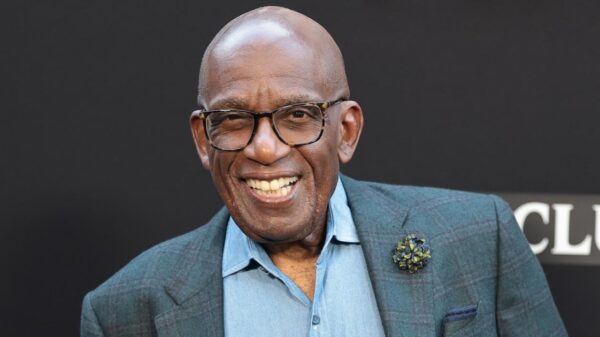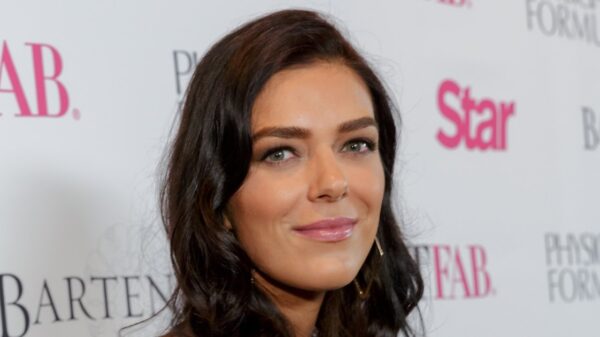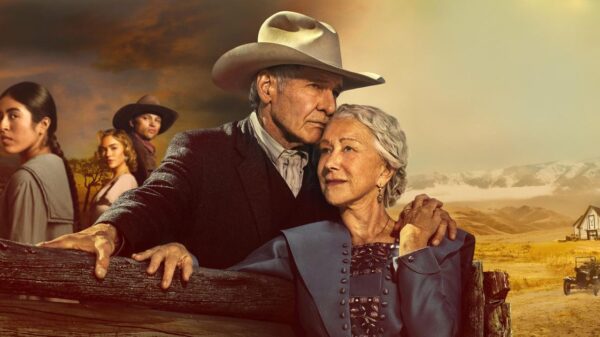Todd Gross has always been honest about the weather with his followers. Now he has a lot to say about hurricanes and their impact on the United States, both now and in the future.
Gross is a seasoned meteorologist, having covered the weather for more than more than four decades, two of which were spent at a television station in Boston. In 1991, Gross helped predict what is now known as the “Perfect Storm” — and was later portrayed by Christopher McDonald in an award-winning film by the same name starring George Clooney and Mark Wahlberg.
These days, the Massachusetts-based meteorologist has taken his talents to TikTok, where he has garnered nearly 300,000 followers and uses his platform to help people stay up to date on the busy hurricane season.
Gross is now speaking with PEOPLE about a multitude of hurricane-related topics — including why Milton was such a concerning storm in experts’ eyes, which cities are considered “sitting ducks,” and how he believes the climate crisis will help fuel future hurricanes.
“I don’t think it’s over after this,” he says.
Most recently, Gross has covered Hurricanes Helene and Milton, which devastated southeastern portions of the United States in a matter of three weeks. What made Milton different from other storms, Gross says, was the special danger it presented to the Tampa Bay area.
According to a 2015 report from the Boston-based catastrophe modeling firm Karen Clark and Co., Tampa is “the most vulnerable U.S. city” to storm surge flooding, “with loss estimates of $175 billion to residential, commercial and industrial properties in the event of a 100 year hurricane.”
Never miss a story — sign up for PEOPLE’s free daily newsletter to stay up-to-date on the best of what PEOPLE has to offer, from celebrity news to compelling human interest stories.
Tampa is one of at least three cities that late Dr. Neil Frank of the National Hurricane Center (NHC) said are particularly at risk in the event they take a direct hit from a hurricane of that magnitude, according to Gross. New Orleans and Miami also made the list.
Though Hurricane Andrew did not directly hit Miami in August 1992, Gross says it did offer some insight into how devastating a storm could be, should it directly hit the area. The storm made landfall as a Category 5 hurricane with maximum wind speeds of 165 mph, and caused an estimated $26 billion damage in the U.S., according to the NHC.
“It was just a good reminder to respect Mother Nature and not build in an area that can get completely warped like that,” he says.
Yet despite decades of warnings about the potential to take a direct hit from a hurricane, commercial development has continued in many areas that directly border the Gulf of Mexico.
Gross recently saw some of the effects storms have had on the coastline. While checking out a property on Cape Cod, which has been battered by storms for decades, he noticed one of the homes he expected to be in the area had been completely washed away.
“That kind of thing is something I think we really need to start paying attention to, in terms of building on the coast and in terms of just generally, the earth in general,” Gross says. “Commercial and residential areas shouldn’t be built up right near the shoreline.”
There may be more tropical storm systems that could emerge from the Western Caribbean or Gulf of Mexico this hurricane season, which lasts until November 30.
Luckily forecasts are improving in accuracy, Gross says. This allows meteorologists to get the word out about a potentially dangerous storm earlier than ever before, so people in its path can take proper precautions.
But with more people living in vulnerable areas, Gross says storms that hit these areas “will be more deadly in the future.”
“These things are monsters,” Gross says, “and because of the coastline, the way it’s been built up, one day, it’s going to be even worse than what we’re looking at nowadays.”
The climate crisis will only exacerbate the problem moving forward, he adds, noting that warm seawater temperatures are “going to be a big problem moving forward,” especially during hurricane season.
The warmer temperatures, he says, will help produce “more chances of strong hurricanes” along the East Coast — including as far north as the Northeast, though the region is typically protected by a jetstream that prevents the storms from getting that far.
Whether it’s this season or beyond, Gross urges everyone to “be weather wary.” One of his goals on TikTok, as it was when he was a meteorologist on television, is to help educate people on what they need to know.
“People are looking for more information than just what is going to happen. They want to know what we are thinking, why is it going to happen? And then appreciate that and really feel that some of that can rub off on them. And I think it does,” Gross says.
He adds, “A lot of people learn and they love to learn, and that’s who I’m appealing to right now is those that want to learn, not just want to know what.”
Read the full article here




